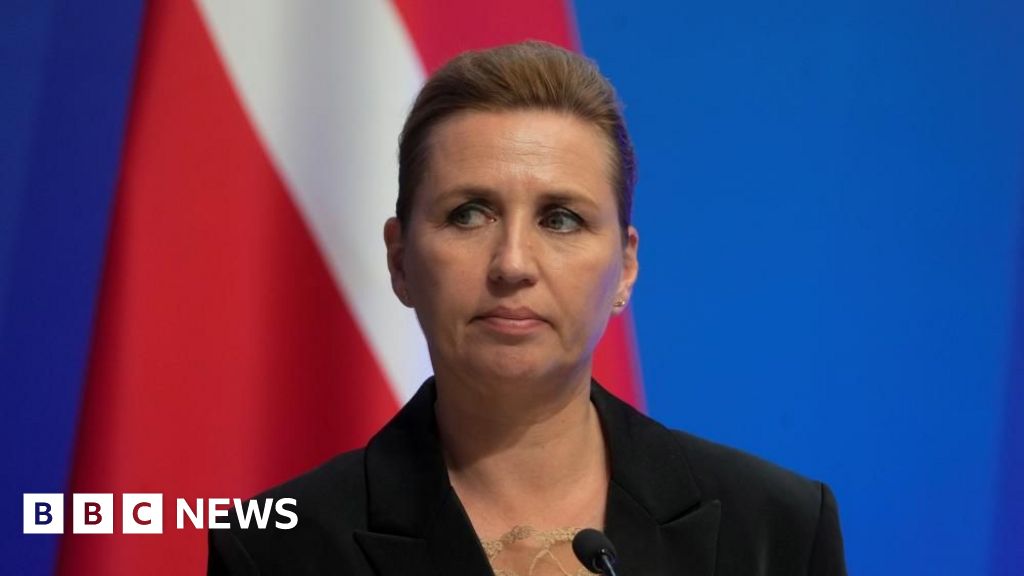In a significant move aimed at tackling Denmark's "reading crisis," the government has decided to abolish the 25% sales tax on books. This financial measure, reported to cost around 330 million kroner (approximately $50 million), has been welcomed by Culture Minister Jacob Engel-Schmidt, who expressed hopes that it will lead to increased book sales and foster a stronger culture of reading among the Danish population.
Data from the OECD reveals concerning trends, as roughly a quarter of 15-year-olds in Denmark struggle with basic text comprehension. Engel-Schmidt emphasized the urgency of addressing this literacy challenge, stating, "The reading crisis has unfortunately been spreading in recent years." He proudly announced the removal of the tax as part of a larger investment in cultural consumption.
In comparison to Denmark's high VAT, neighboring countries like Finland, Sweden, and Norway, which impose much lower taxes on books, have also seen varying literacy outcomes, while the UK offers tax-free books.
Mads Rosendahl Thomsen, the vice-chair of the government's literature working group, highlighted that although eliminating the tax won't entirely solve the problem, it will undoubtedly make books more accessible to the public. The group has emphasized the importance of understanding texts at the age of 15, as young individuals face numerous distractions that impede their reading habits.
Besides the tax abolition, the government is exploring strategies to enhance the international presence of Danish literature and digital platforms, ensuring that action is taken to improve not just local reading rates, but also the impact on authors' livelihoods.
Data from the OECD reveals concerning trends, as roughly a quarter of 15-year-olds in Denmark struggle with basic text comprehension. Engel-Schmidt emphasized the urgency of addressing this literacy challenge, stating, "The reading crisis has unfortunately been spreading in recent years." He proudly announced the removal of the tax as part of a larger investment in cultural consumption.
In comparison to Denmark's high VAT, neighboring countries like Finland, Sweden, and Norway, which impose much lower taxes on books, have also seen varying literacy outcomes, while the UK offers tax-free books.
Mads Rosendahl Thomsen, the vice-chair of the government's literature working group, highlighted that although eliminating the tax won't entirely solve the problem, it will undoubtedly make books more accessible to the public. The group has emphasized the importance of understanding texts at the age of 15, as young individuals face numerous distractions that impede their reading habits.
Besides the tax abolition, the government is exploring strategies to enhance the international presence of Danish literature and digital platforms, ensuring that action is taken to improve not just local reading rates, but also the impact on authors' livelihoods.




















